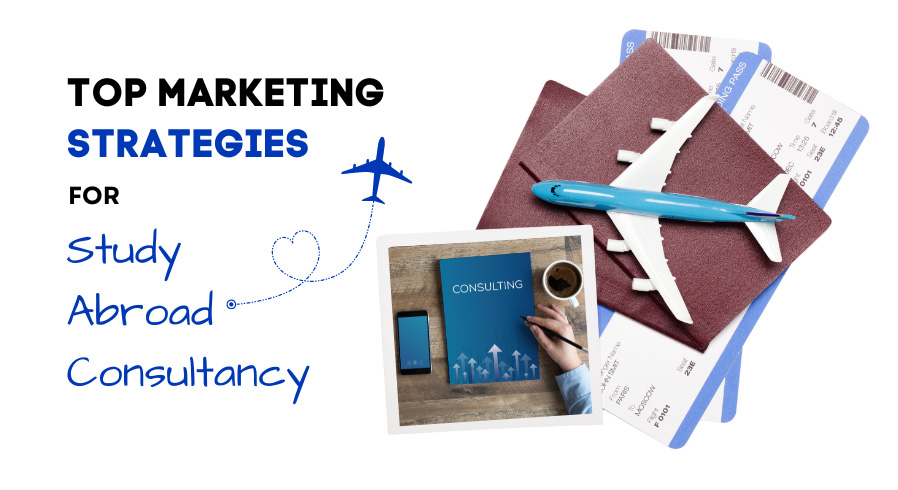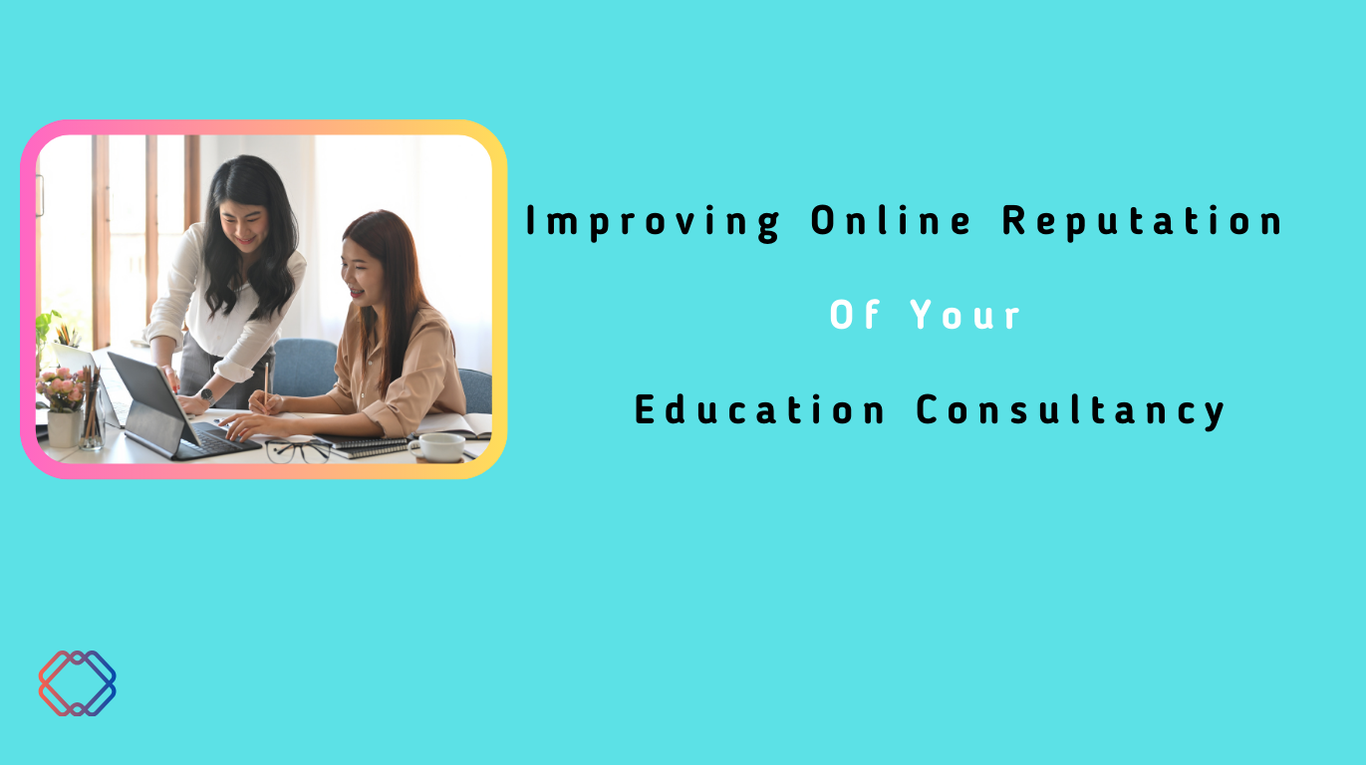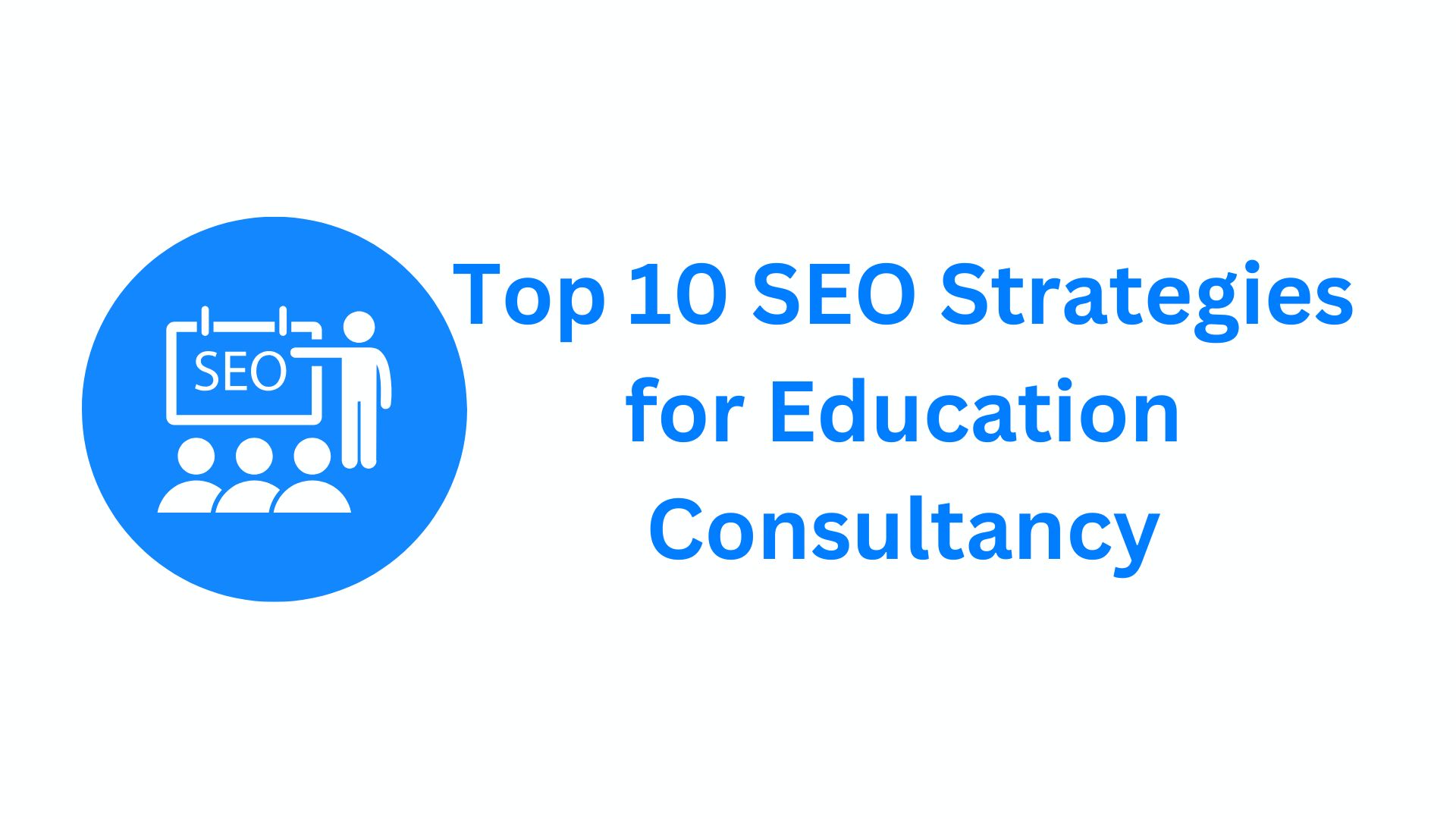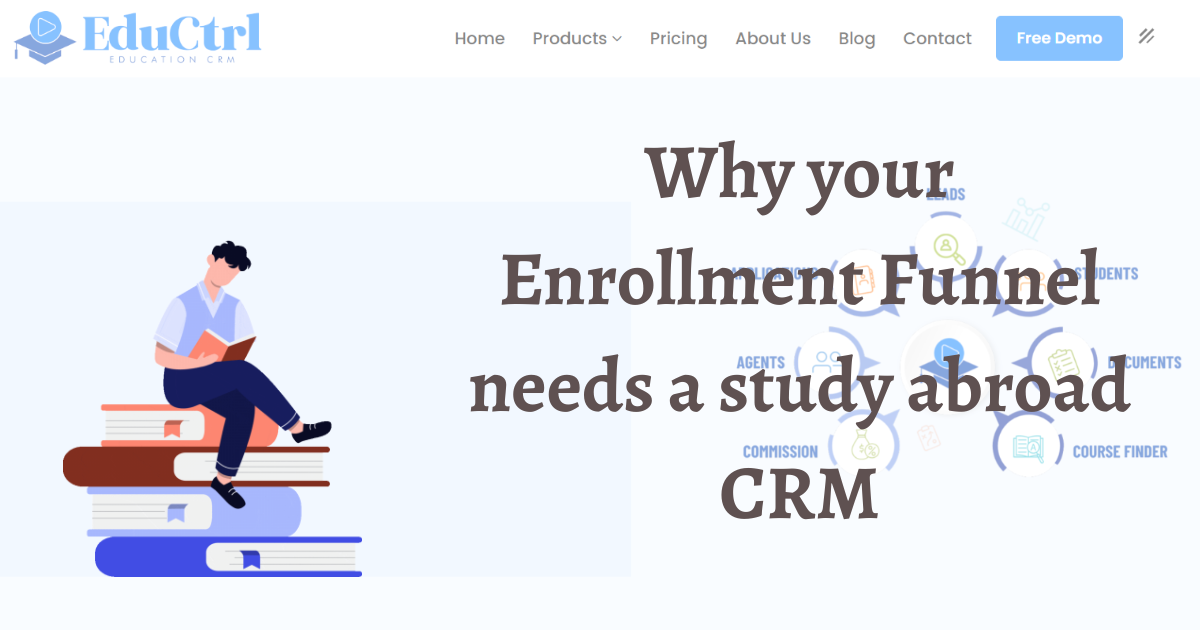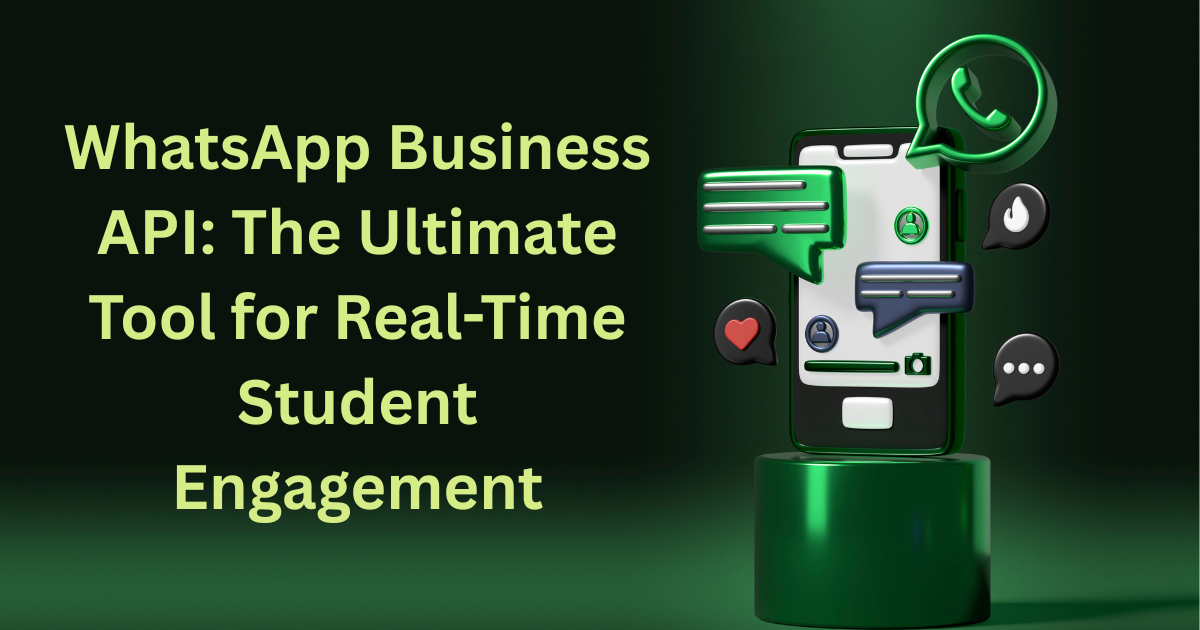Table of Contents

In today’s digital-first world, understanding your audience is no longer a luxury—it's a necessity. For overseas education consultants, behavioral marketing offers an edge. It helps you engage students based on their real-time actions, preferences, and needs. Ready to transform your marketing game?
Let’s dive into how behavioral marketing works, why it matters, and how to apply it to your study abroad agency.
What is Behavioral Marketing?
Behavioral marketing is a strategy that targets users based on how they interact with your brand. It uses data like:
- Website visits
- Time spent on pages
- Downloaded brochures
- Clicked emails
- Social media engagement
Instead of a “one-size-fits-all” message, behavioral marketing delivers personalized, timely, and relevant content.
Why Behavioral Marketing is a Game-Changer for Overseas Education Consultants
Your students aren't all the same. Some are researching, some are comparing countries, while others are ready to apply.
With behavioral marketing, you can:
- Track where each student is in their journey
- Send the right message at the right time
- Boost conversion rates
- Build better relationships
- Stand out from competitors
Key Benefits
- 🎓 Personalized student journeys
- 📩 Higher email open and click rates
- 🔄 Improved lead nurturing
- 🧠 Better insights into student behavior
- 💼 Faster application processing
How Behavioral Marketing Works
The process is simple yet powerful:
- Data Collection
Tools like CRM, email platforms, and analytics collect user behavior (clicks, visits, downloads). - Segmentation
Group students based on behavior—like those interested in Canada vs. Australia. - Targeted Campaigns
Trigger messages based on action. Example: Send a checklist when someone downloads a “Study in UK” brochure. - Conversion Optimization
Guide users from interest to enrollment through personalized nurturing.
Behavioral Data You Should Track
Here’s what your consultancy should track:
- ✅ Pages visited (e.g., “Study in Canada”)
- ✅ Forms filled (contact, pre-assessment, counseling)
- ✅ Downloads (brochures, guides)
- ✅ Email interactions (opened, clicked, ignored)
- ✅ Webinar registrations
- ✅ Country/course preferences
Effective Behavioral Marketing Strategies for Education Consultants
- Dynamic Website Content
Show content based on user behavior.
- Return visitors see course recommendations.
- Students researching Australia see visa tips.
- Email Personalization
Use behavior-based triggers to send targeted emails.
- “Still thinking about the UK?” if someone revisits the UK courses page.
- Retargeting Ads
Run ads for students who left your website without signing up.
- Show country-specific ads based on pages visited.
- Lead Scoring
Assign scores to leads based on engagement.
- High scorers can be fast-tracked to counseling.
- Behavior-Based Automation
Send automated emails or reminders when actions are taken or missed.
- Didn’t finish the application? Send a reminder.
How to Implement Behavioral Marketing Step-by-Step
✅ Step 1: Integrate a CRM
Use CRM tools like HubSpot, ClientCtrl, or Salesforce for education consultants.
✅ Step 2: Set Behavior Triggers
- Visit "Study in Canada" → Send Canada visa checklist
- Download scholarship guide → Send counselor call invite
✅ Step 3: Create Dynamic Content
- Web banners change based on behavior
- Blog suggestions adapt to interest
✅ Step 4: Personalize Every Campaign
Each message should feel tailored. Use names, preferences, and past interactions.
✅ Step 5: Analyze and Optimize
- A/B test your emails
- Track open rates, click rates, bounce rates
- Adjust campaigns based on performance
Real-Life Example
Imagine this:
🔹 A student reads 3 blog posts on "Study in Germany."
🔹 They download a DAAD scholarship guide.
🔹 They open your email but don’t book counseling.
Behavioral marketing would:
- Send a follow-up email: "Still Interested in Germany? Let’s Talk Scholarships!"
- Show them Facebook ads with Germany visa deadlines
- Offer a free 15-minute consultation via WhatsApp
That’s how engagement turns into enrollment.
Top Tools to Use
- CRM: ClientCtrl, HubSpot, Zoho CRM
- Email Marketing: Mailchimp, Moosend, ConvertKit
- Website Tracking: Google Analytics, Hotjar
- Retargeting Ads: Meta Ads, Google Display Network
- Automation Platforms: ActiveCampaign, Zapier
SEO Keywords to Include:
- Behavioral marketing for education consultants
- Student engagement tools
- Study abroad marketing automation
- CRM for overseas education
- Personalized marketing for students
Bullet Summary: Why Use Behavioral Marketing?
- 🎯 Engage students based on their actions
- 💡 Make your messages more relevant
- 🚀 Increase leads, calls, and enrollments
- 📊 Improve your marketing ROI
- 👩🎓 Give each student a personalized journey
FAQs on Behavioral Marketing for Education Consultants
❓What is behavioral marketing?
Behavioral marketing uses data on student behavior to send personalized and relevant messages.
❓Why is it important for study abroad consultants?
It helps you understand student intent and engage them at every step of their decision-making process.
❓Do I need a CRM to start?
Yes. A CRM like ClientCtrl helps track behavior, segment leads, and automate responses.
❓What’s the best way to collect behavior data?
Use website analytics, email tools, and CRM integrations to track every touchpoint.
❓Is it only for large consultancies?
Not at all. Even small consultancies can benefit from automating and personalizing student engagement.
❓How can it improve conversions?
By delivering the right message at the right time, behavioral marketing nudges students toward action—faster.
Final Thoughts
If you’re still sending the same emails to every student and hoping they respond—you’re already behind.
Behavioral marketing gives overseas education consultants a way to cut through the noise and speak directly to student needs.


